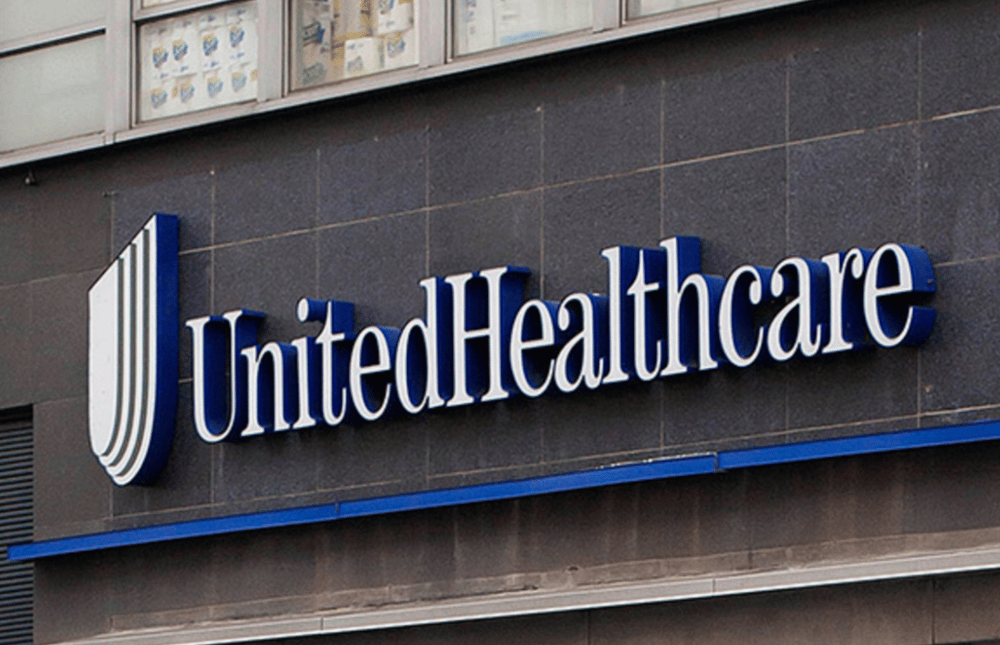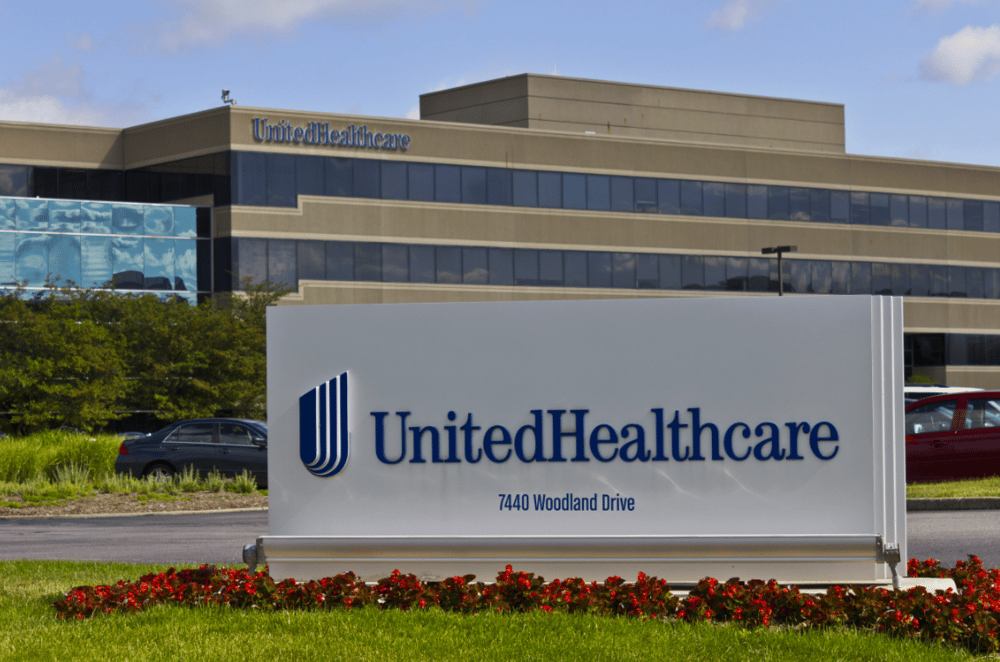UnitedHealth's Loan Recall Why the Insurance Giant Demands $9 Billion Back from Its Partners

Late last week, medical care providers reported receiving notifications from UnitedHealth Group, the largest U.S. health insurer, demanding the repayment of loans issued during a tumultuous period in early 2022. This move has ignited discussions across the healthcare and insurance sectors, raising concerns about financial stability and partnership dynamics.
In February 2022, Change Healthcare, the technology subsidiary of UnitedHealth, fell victim to a significant ransomware attack. This cyber intrusion temporarily disabled its payment and processing systems, delaying operations for several months and leaving healthcare providers financially constrained. To support its partners during these disruptions, UnitedHealth extended loans totaling $9 billion to help providers maintain their operations.
The Current Dilemma Navigating Loan Demands
More recently, UnitedHealth’s Optum division began contacting providers via email, insisting on full repayment of these loans. These demands have created a cascade of challenges throughout the industry:
- Financial strain: Many healthcare providers are still recovering from the prolonged operational disruptions caused by the 2022 cyberattack, which left them financially vulnerable.
- Reimbursement risks: UnitedHealth’s correspondence reportedly includes warnings that reimbursement requests may be denied if loans are not promptly repaid.
- Erosion of trust: Such demands may have long-term repercussions on UnitedHealth’s reputation as a reliable partner in the healthcare ecosystem.

Potential Consequences and Industry Implications
The ripple effects of these loan recalls could be felt across the entire medical insurance landscape. Analysts have identified several key issues that could arise:
1. Shifting partnership dynamics
Healthcare providers may reconsider their agreements with UnitedHealth, seeking partnerships that offer greater long-term security.
2. Diminished trust
Aggressive financial recovery measures could undermine trust, not only from partners but also from patients relying on the stability of the healthcare system.
3. Regulatory oversight
This situation could attract increased scrutiny from regulatory authorities, prompting tighter oversight of major insurers’ practices to safeguard the healthcare sector's stability.
Industry experts speculate that UnitedHealth Group may soon face a wave of legal challenges from its healthcare partners. Moreover, regulatory bodies could intervene to facilitate resolution and establish frameworks to prevent similar incidents moving forward.
Conclusion
UnitedHealth's decision to recall $9 billion in loans extended following the Change Healthcare cyberattack has left healthcare providers reeling. For the insurer, this marks a critical juncture in evaluating how to balance supporting partners while protecting internal business interests. In a rapidly evolving cybersecurity environment, fostering trust remains the cornerstone of sustaining long-term partnerships. How UnitedHealth manages this situation could set a precedent for the insurance industry at large.


A strategic move like this is poised to transform the tech ecosystem by redefining automation trends
Adopting visionary strategies continues to accelerate capital growth and shape the trajectory of automation in the tech industry